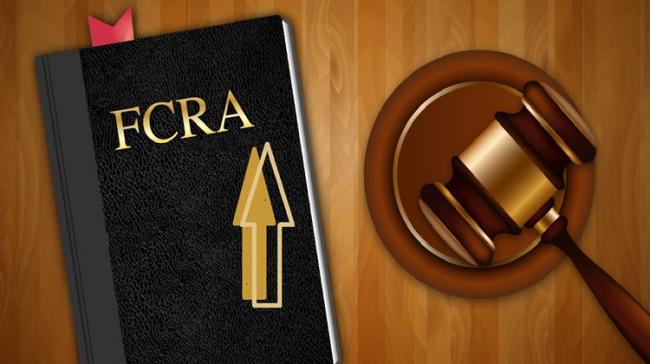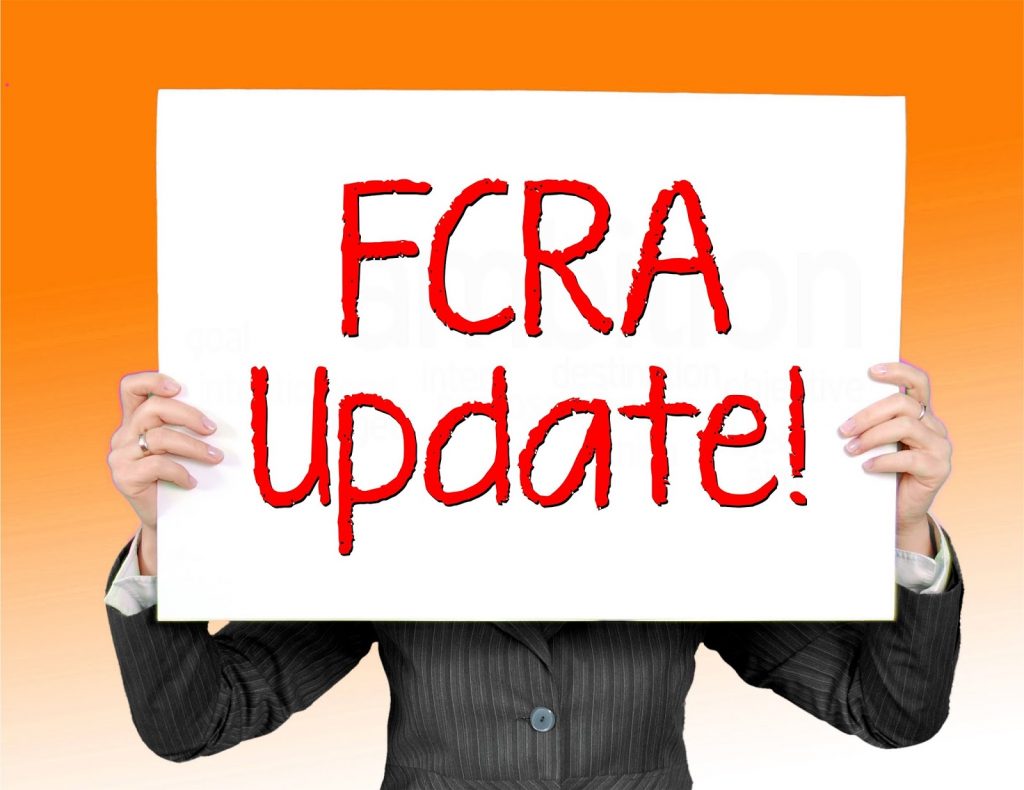Oxfam India Under CBI Lens Over Alleged Violation Of Foreign Funds Act.
The global coalition of 21 Oxfam organisations globally, as stated on its website, includes Oxfam India. Oxfam India finds its recognition under Inida via Section 8 of the Indian Companies Act (2013).

The Ministry of Home Affairs has instructed the Central Bureau of Investigation to look into any breaches of the Foreign Funds Act, which only adds to the trouble for Oxfam India. Due to the company’s alleged breaches of the Foreign Contribution (Regulation) Act 2010, the MHA forwarded the matter to the CBI for inquiry (FCRA, 2010).
Why is Oxfam being investigated?
According to MHA sources, even after the Foreign Contribution (Regulation) Amendment Act, 2020, which forbids such transfers, went into effect, Oxfam India continued to transfer foreign contributions to other corporations. It becomes effective on September 29, 2020. The FCRA, 2010, was infringed when the group shifted money to other Organizations. According to emails discovered by the CBDT during an Income Tax audit, Oxfam India planned to bypass provisions of the FCRA, 2010, either by sending money to other FCRA-registered organisations or by using a for-profit consulting method.
A CBDT IT study also revealed the group as a potential tool of foreign policy for foreign organisations or corporations who have generously sponsored Oxfam India throughout the years. Via its colleagues and workers, this entity, which is licenced to conduct social activities, funnelled money in the form of a commission to the Centre for Policy Research. The same is evident from Oxfam India’s TDS data, which reveals that the CPR received a payment of Rs 12,71,188 in the F.Y. 2019–20 under section 194J.

Instead of accepting foreign contributions in a designated FCRA account, Oxfam India received around ₹ 1.50 crore in the form of contributions, directly into its FC usage account.
The words in defence.
Later, Oxfam India released a statement claiming that it is entirely compliant with Indian law and has completed all required paperwork, including FCRA filings, on time ever since it was established.
The home ministry terminated CPR’s FCRA licence in March. At that time, CPR declared in a statement that its balance sheets were public information and that it would investigate all possible legal options.
They are regularly examined and inspected by government agencies, notably the Comptroller and Auditor General of India, and are in total conformity with the law. All of the yearly audited balance sheets are available to the public, and they undergo statutory audits every year. No conduct outside of the association’s stated goals and required legal compliance is in issue, according to CPR’s statement from March.
What does Oxfam do?
The Indian division of the international Charity Oxfam advocates for the rights of Muslims, women, girls, Adivasis, and Dalits throughout the nation. The non-profit think tank CPR focuses on India’s 21st-century issues while doing sophisticated and in-depth research on a broad variety of policy-relevant themes.

On 22.12.2021, the MHA denied Oxfam India’s plea to extend its FCRA registration.
Oxfam India filed a petition in February asking for a renewal of its registration under the Foreign Contribution (Regulation) Act of 2010. The Delhi High Court requested the Union government’s answer. In a case filed by a non-profit organisation contesting a Ministry of Home Affairs order that rejected its revision application, the court gave notice. The Ministry upheld its prior decision to deny FCRA registration renewal.
The global coalition of 21 Oxfam organisations globally, as stated on its website, includes Oxfam India. Oxfam India finds its recognition under Inida via Section 8 of the Indian Companies Act (2013).
Later, Oxfam India released a statement in which it stated: “Since its FCRA registration was not renewed in December 2021, Oxfam India has been collaborating with all government agencies. At times of greater inequality and more need for action to end poverty, Oxfam India continues to and will remain to work in the public and national interest, according to the statement. Notwithstanding the obstacles and hurdles, Oxfam India believes that this is our collective constitutional duty.
Oxfam said in a statement that the government of India’s decision to withhold renewal of Oxfam India’s FCRA registration will significantly hamper the organization’s ongoing critical humanitarian and social work in 16 states throughout the nation after its financing was banned by MHA in December 2021. During the Covid-19 pandemic, this involves building up oxygen plants, giving vital medical and diagnostic tools like oxygen cylinders and ventilators, and delivering food to the most vulnerable populations.
The rectification in the FCRA rules.
The home ministry tightened the FCRA regulations in November 2020, stating that organisations that may not be directly affiliated with a political party but take part in political action such as bandhs, hartals (strikes), or rasta rooks (road blockades) will be regarded as having a political nature if they do. Farmers’ organisations, student or worker organisations, and caste-based organisations are among the organisations included in this category.

In September 2020, the government modified the FCRA to prohibit public servants from collecting foreign financing and to make Aadhaar a requirement for all NGO office holders. According to the new regulation, organisations that receive foreign funding are not permitted to utilise more than 20% of those cash for administrative needs. Previously, this cap was set at 50%.
Disclosure.
Let’s see whether the firm which releases reports on Inequality is honest in its parameters or not.



